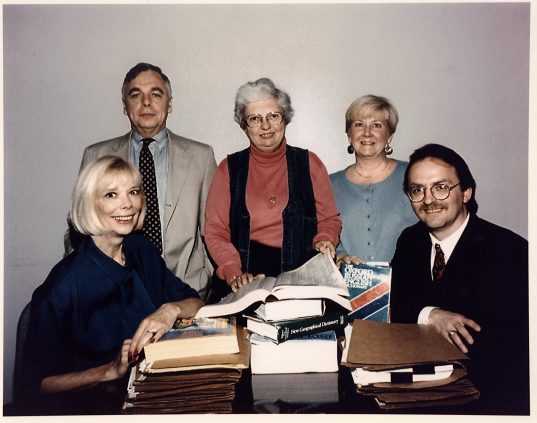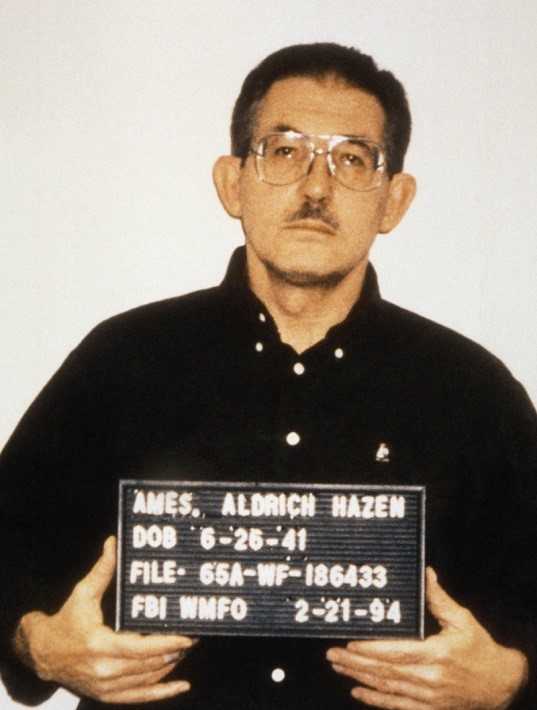
Dear Molly,
To what extent does intuition play a role in your decision-making process? Do you think you have a more developed ‘sixth sense’ compared to others?
~ Go with Your Gut
Dear Go with Your Gut,
Ah, intuition. Gut feeling. Spidey sense. The third eye. A sixth sense. Perhaps one of the most fundamental of intelligence tools—but undoubtedly one of the most difficult to observe and empirically document. Still, human history is riddled with examples of intuitive decision-making. From everyday intuition, like the decision to pack an umbrella despite a clear forecast, to split-second battlefield orders which might cause a troop leader to redirect a planned route for fear of an ambush, the role of intuition is uniquely intertwined with humankind.
That is to say, of course intuition plays a role at CIA. The more difficult question is assessing the extent to which it drives decision-making. At the expense of sounding like I’m giving you a non-answer, the short take is that it depends. Intuition is so incredibly difficult to observe – and it so often intersects with logical, analytic methodology, that to give a firm answer is next-to-impossible. What I can say, however, is that the role of human intuition has not been displaced (at least not entirely) by the emergence of big data, supercomputers, and other technological advancements. While these tools have helped analysts immeasurably in their effort to distill large amounts of information and to chart fact-based conclusions, intuition remains a critical skill for any CIA officer.
It is worth noting that intuition can be bolstered by a deep understanding of the subject matter. An ice climber, for instance, may intuitively know not to climb a certain section of ice for fear of instability. That intuition is borne from years of ice climbing and thousands of observational hours. Even the most intuitive of people are woefully unintuitive in unfamiliar waters. This is why our analysts spend a great deal of time understanding their subject matter, down to the minute details. Doing so will build their intuition to slight changes that would be otherwise imperceptible.
Do I think the typical CIA officer has a more developed “sixth sense,” as compared to others? Not necessarily. I do think CIA officers prepare themselves to think intuitively. Analysts are constantly building their bodies of knowledge so that they can be prepared to assess changes at the drop of a hat. They are thinking critically and creatively so their intuition can thrive. Allowing yourself to think intuitively is an important part of the process. If you are not actively examining a situation, you are not preparing yourself for intuitive thought.
A Case Study in Intuition: The Hunt for a Mole
There is no better way to illustrate the role of intuition than examining a case study. In the late 1980s, as the Cold War was drawing to a close, the CIA faced a terrifying threat. One after another, the CIA was losing its Soviet assets – many of whom were arrested, convicted, and executed for spying for the West – and it had no idea why.

Ames Mole Hunt Team
After ruling out the threat of a talented Moscow code-breaker, CIA assembled a small team to work the possibility of an insider threat. The hunt for a CIA mole began. The first step was to narrow the list to those who would have access to the compromised information. Though only a small percentage of the Agency population had access to the information, the number was still much too large for the investigative team to manage. Their next step? Intuition.
The team was asked to go through the condensed list and take note of those persons who made them ‘uneasy’ or otherwise suspicious. In an era that predated big data and complex algorithms, this was the most promising solution. For Sandy Grimes, a CIA officer on the team, there was one name that stood out in particular: Aldrich Ames. Sandy had known Ames for years. Something about him, his personality, his demeanor, always seemed to stand out and recent changes in his behavior struck her as troubling. It is this intuition that made Ames a person of interest. Only after the FBI conducted legal surveillance of Ames, were federal law enforcement officers able to confirm that Ames was the mole they had been looking for. Intuition can play a very important role in the intelligence world, and it was absolutely necessary to catch one of the most damaging spies in US history.

Aldrich Ames
You can learn more about the Ames case here.
In short, intuition is an important step in a long and complex analytic process, but its success relies on logical reasoning and objective analyses. In our world, each cannot exist without the other. We can’t presume to educate decision-makers on intuition alone, nor can we hope to focus our efforts without intuition. That’s why we work tirelessly, as an organization and as individuals, to create the conditions for intuition to thrive. From intuitive thought we build outward with logic, sound reasoning, and strong analytic tradecraft—but you already knew that.
~ Molly
